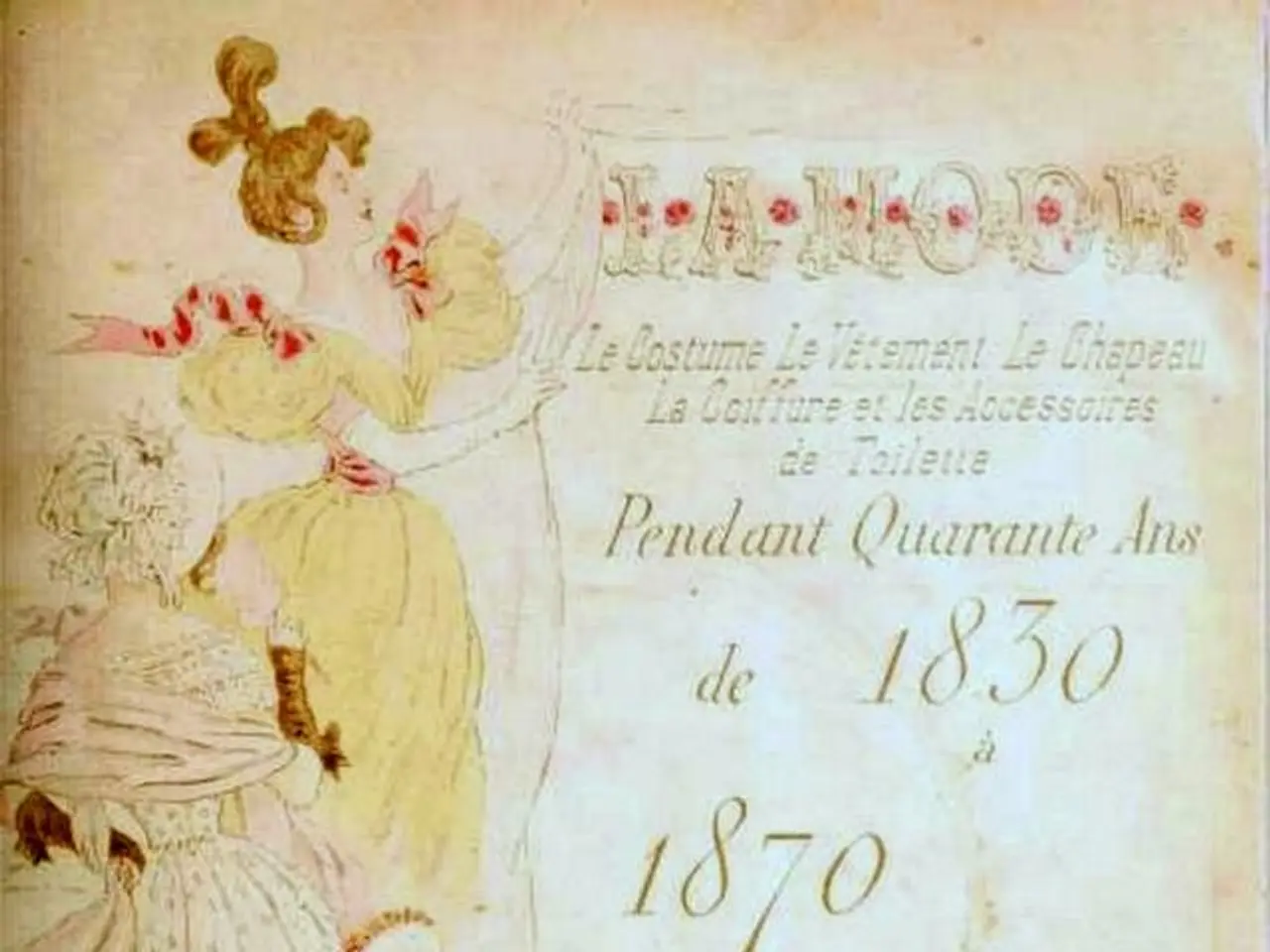Eliminate women from the equation
In the mid-20th century, men's societal roles were predominantly centred around being the primary breadwinner and occupying the public sphere. This traditional norm was challenged during the 1960s to 1980s, a period marked by significant economic, social, and cultural shifts.
During this transformative era, structural economic changes such as deindustrialization, plant closings, and globalization led to widespread job losses in male-dominated industries. This undermined the working-class male breadwinner ideal, causing economic and psychological stress for many men. Simultaneously, women's participation in education and the workforce rose, challenging the breadwinner model and promoting more gender role fluidity.
Social movements, including feminism and civil rights, promoted more egalitarian family structures and questioned rigid gender roles. Fathers increasingly became involved in childrearing, and the concept of men solely as providers was increasingly contested. This period witnessed shifts in family structures, such as the rise of dual-income households and an increase in single-parent families, further altering men's roles within the family unit.
Culturally, the period witnessed criticism of the "traditional" male role, with some theorists and social commentators calling for a reevaluation of male identity to adapt to these societal changes. Economic pressures combined with evolving social expectations generated new challenges for men to reconcile traditional masculine ideals with new realities.
Fast-forward to the modern era, and we find an individual who once embodied the traditional male role. He was responsible for managing the family finances, maintaining a well-groomed appearance, and shifting gears in a VW Beetle. However, recent changes have led him to reevaluate his identity. He is no longer complaining about care work, part-time traps, childcare shortages, or quotas. He has made concessions in his duties, such as grocery shopping, picking up the kid from daycare, and sorting laundry.
This individual is also free to drive his SUV at high speeds on highways again, expressing a desire to eliminate the presence of women and avoiding situations that might lead to 'drama'. He is only talking to his peers, traveling with them, and making deals with them. Interestingly, in parliament, he is no longer interrupted by discussions about 'trans' and 'queer'.
It is worth noting that this individual is associated with an independent, left-wing, opinionated daily newspaper that was founded in 1979. The website features comments, essays, and opinion pieces, providing a platform for diverse perspectives.
Despite these changes, it is essential to remember that every individual's journey is unique. For some, the evolution of societal roles can be challenging, leading to an identity crisis. However, it is through these challenges that we grow and adapt, shaping the future of gender roles and societal norms.
- The unfolding events of the mid-20th century, particularly from the 1960s to 1980s, have significantly altered traditional lifestyle norms, with men's roles moving beyond the primary breadwinner and public sphere occupant.
- The rise of fashion-and-beauty awareness and interest among men is reflected in the evolving male identity, as they strive to adapt to new societal expectations.
- In family-dynamics, men have been assuming new responsibilities, such as caregiving and household chores, leading to more fluid gender roles within families.
- As relationships evolve, it is noticeable that men are becoming more involved, questioning the stereotypical 'provider' role and embracing egalitarian, supportive partnerships.
- The rise of war-and-conflicts and political unrest influences migration patterns, creating an environment where once-static gender roles are fluid and susceptible to change.
- The intersection of casino-and-gambling, crime-and-justice, policy-and-legislation, and politics often exposes the ongoing influence and evolution of traditional male roles within these spheres, as well as the emerging influence of feminism in shaping policy and cultural practices.




